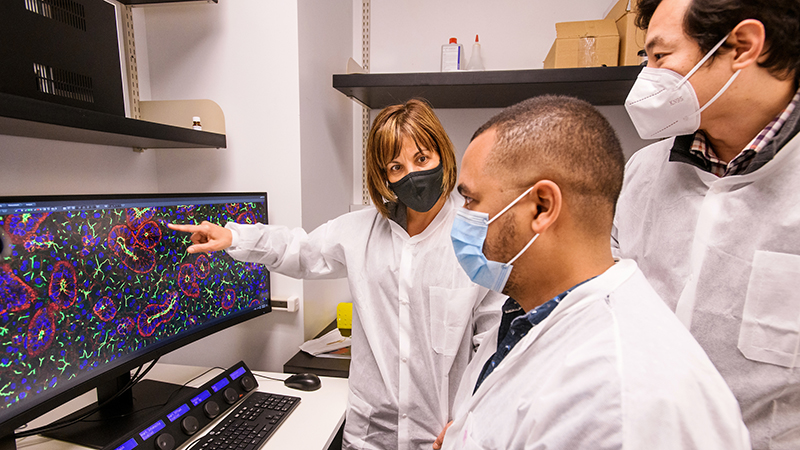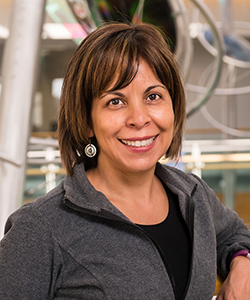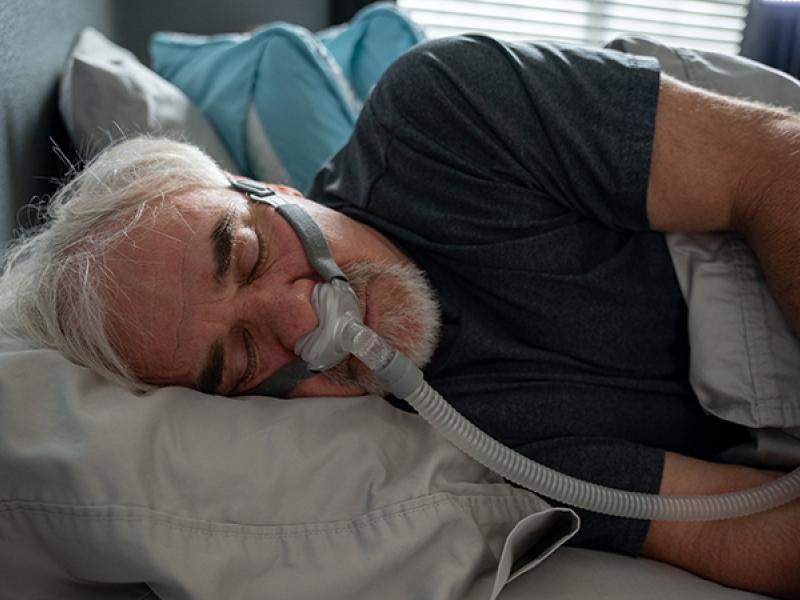
A University of Missouri School of Medicine researcher earned a grant worth $3.8 million from the National Institutes of Health to study a therapy designed to restore salivary gland function for patients recovering from head and neck cancer treatment or battling an autoimmune disorder.

Radiation treatment for head and neck cancer can decrease saliva production, causing oral infections, pain and decreased quality of life. An estimated 80,000 U.S. head and neck cancer survivors struggle with this condition. Current treatments provide temporary relief, but grant recipient Olga Baker, DDS, PhD, professor of otolaryngology and biochemistry, is developing a process to repair the salivary glands and ultimately cure dry mouth with just a single treatment.
“This is a very devastating condition,” Baker said. “You may not think about saliva, but without it you will have trouble sleeping at night because you feel like you are choking, you are more likely to develop bacterial infections in the mouth, and you cannot swallow food without drinking water. It’s really miserable for those who experience it.”
Baker and a researcher from the University of Buffalo will create and administer a biomaterial called a fibrin hydrogel that contains proteins designed to stimulate a damaged salivary gland’s tissue and blood vessel growth to help restore its function. They will initially test the hydrogels on tissue in the lab and eventually in mice with damaged salivary glands.
“If we are successful in curing this condition in mice and larger animals, the hope is that we can use these hydrogels to promote salivary gland regeneration in humans,” Baker said. “This financial award represents a big responsibility, and we are grateful for the funding to move this research forward.”
In addition to helping head and neck cancer survivors, the hydrogels also could help patients with the autoimmune disorder Sjogren’s syndrome, which also decreases saliva production.
The grant runs through July 2026.





